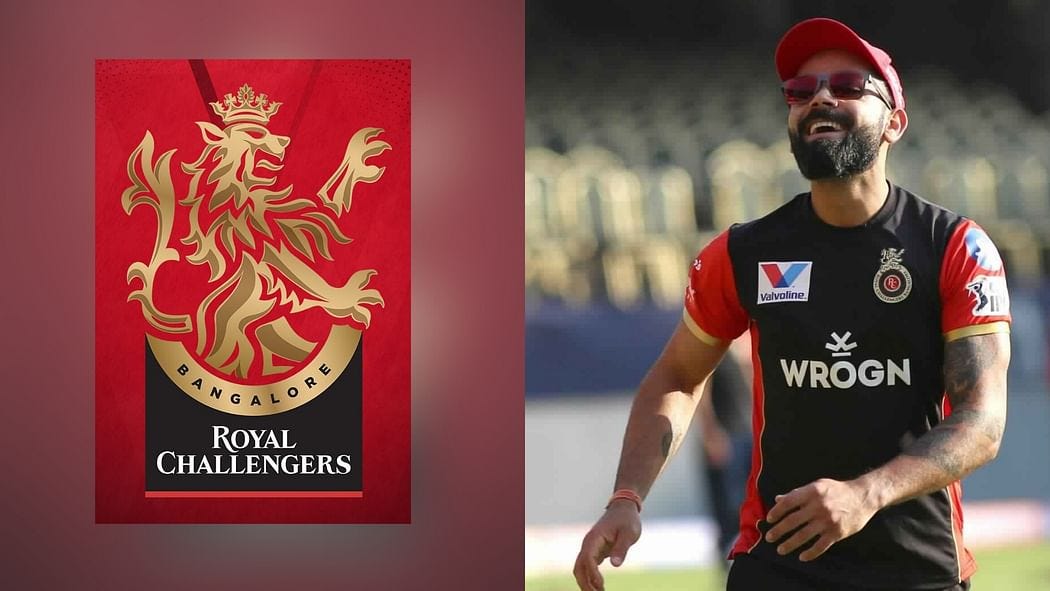On September 6, the Department of Consumer Affairs released a draft of the Central Consumer Protection Authority (Prevention of Misleading Advertisements and Necessary Due Diligence for Endorsement of Advertisements) Guidelines, 2020.
If passed, these guidelines would legally enforce brands and ad-makers to stay away from creating misleading ad content, in order to safeguard consumers.
What is Surrogate Advertising?
One such popular advertising tactic that often uses covert means to promote sin products (like tobacco and liquor) is called Surrogate Advertising. It refers to advertising brand extensions of products that are originally prohibited or banned from being promoted on mass media.
This advertising tool emerged around mid-1990s after the government released the Cable Television Network (Regulation) Act to prevent direct advertising of tobacco and liquor brands in India.
How Brand Recall Works Here?
As advertising brand extensions without alluding to cigarettes or liquor is not illegal or objectionable per se, the creative minds of the advertising industry resort to surrogate advertising to fill the gaps. The advertised product is often not important for the company’s revenues, however, it leaves the customer thinking about the alcohol/tobacco product also sold under the same brand.
Remember these Ads?
Imperial Blu’s ever so popular ‘Men will be men’ campaign promoting its music CDs was no hidden trick for anyone who knew their whiskey brand. Many liquor barons have followed the same suit- Bacardi Music CDs, Royal Stag Music, among others.
Carlsberg stepped it up with their creative approach to surrogate advertising- they claimed if they would do anything (anything along-with making alcoholic beverages), they would ‘probably be the best in the world’ at it, which is also their tagline for their beer- probably the best beer in the world. Smart, right?
Brands also sponsor events to resort to surrogate advertising. Who can forget Kingfisher’s iconic ‘Oh-La-La-La-La-Le-Oh’ from 1996 Cricket World Cup with its ‘King of Good Times’ Campaign promoting its club soda and calendars? But was it really the soda that the customer would recall?
Many have raised objections to the name of the IPL team ‘Royal Challengers’ as a blatant surrogate advertisement for the liquor brand Royal Challenge.

Protection Under the New Regime
When the viewer sees these surrogate ads, he can most likely tell which tobacco or alcohol product is being endorsed in the ad.
If passed, the new laws would still allow for brands to advertise brand extensions, but only if that extension is produced and distributed in reasonable quantities in regards to the advertising spend. This would ensure that these brand extensions are extensions in the literal scheme of business, and not just a lax cover-up.
Also, the advertisements should not directly or indirectly indicate the product that is prohibited or restricted from mass advertising. This would ensure greater responsibility from the endorsers and promote viewer protection.
How effective are advertisement bans in controlling the consumption of alcohol or tobacco? Do people practically see how attractive their brand promotions are when buying these products?
The intent to safeguard viewers stems from a right place, and these guidelines would surely encourage responsible ad-content in India, however, studies show that viewer education on harmful effects of these products takes precedence in controlling this consumption. Only an aware viewer can truly be the king of good times.



